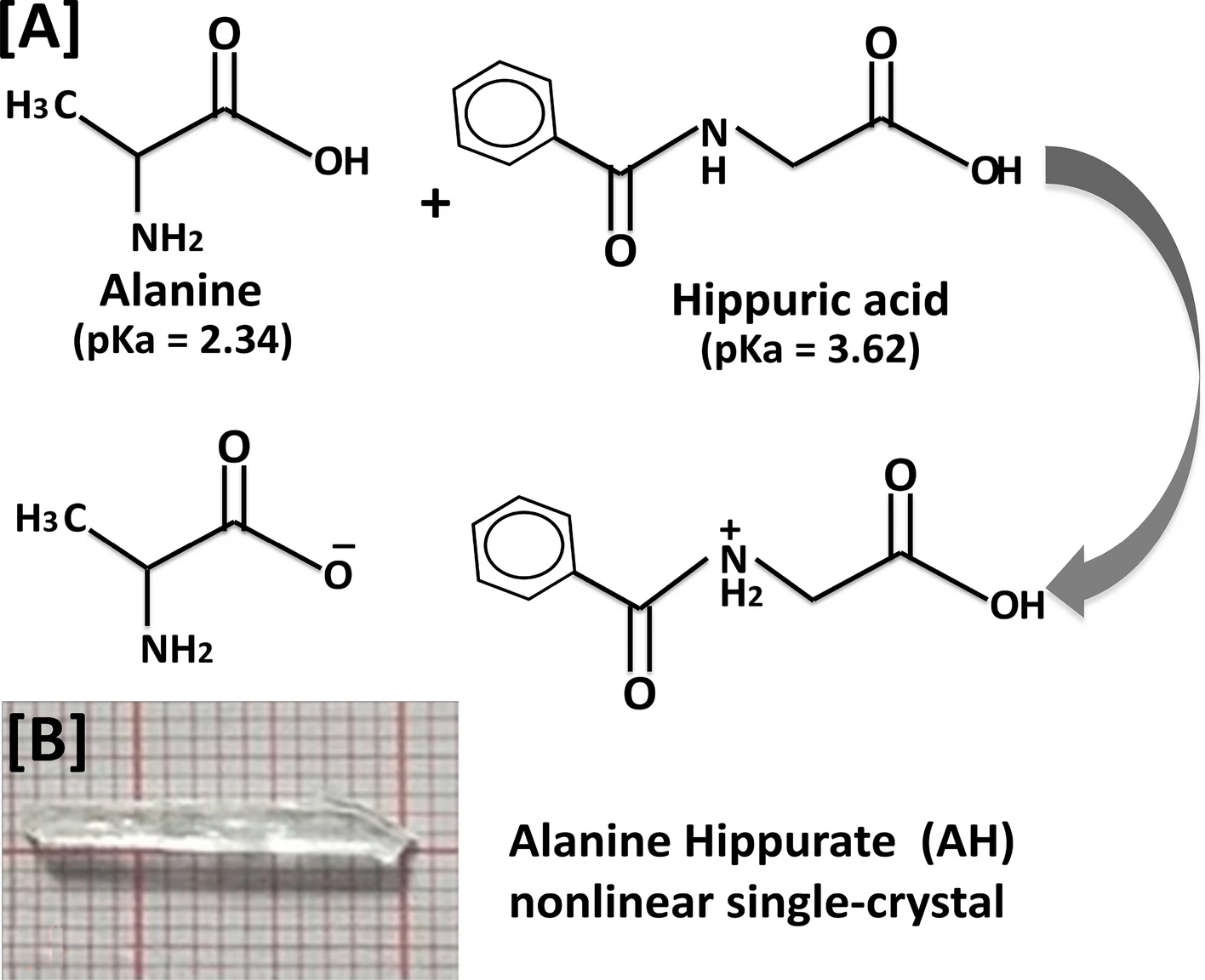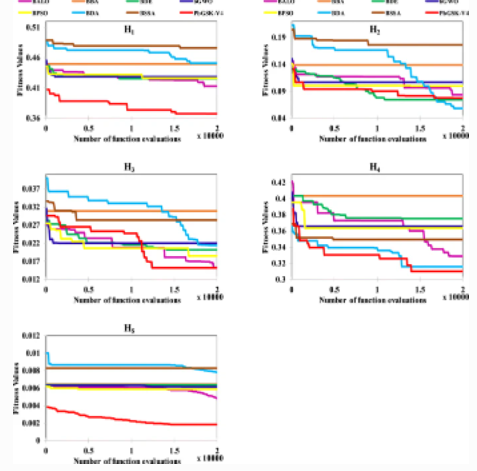Analytic and numeric analysis for deformation of non-prismatic beams resting on elastic foundations
Background: The buckling load as well as the natural frequency under axial load for non-prismatic beam is a changeling problem. Determination of buckling load, natural frequency, and elastic deflection is very important in civil applications. The current paper used both perturbation method (PM), analytic method, and differential quadrature method (DQM), numerical method, to find buckling load and natural frequency with different end supports. The deflection of the beam resting on an elastic foundation under transverse distributed and axial loads is also obtained. Both PM and DQM are used for non-prismatic beams with rectangular and circular cross sections in the vibration analysis. The comparisons of results obtained from both PM and DQM showed perfect agreement with analytical solution for uniform beams with different end supports. The PM and DQM succeeded powerfully for investigating the buckling load as well as the natural frequency for non-prismatic beam. Results: The percentage of relative error between DQM and PM doesn’t exceed than 5% if the gradient of rectangular section height and the gradient of circular section radius are less than 0.6. As the gradient of height and radius increase, the maximum deflection decreases and the location of maximum deflection displaced toward the smaller moment of inertia. Conclusions: The PM has not been used for solving the problem of non-prismatic beams resting on elastic foundations subjected to transverse distributed and axial loads. The current research proved the good ability of PM as an analytical solution for a complicated problem and defined its range of accuracy as compared to DQM. Also, it introduced accurate empirical formulae to find both natural frequency and buckling load of non-prismatic beams. These empirical formulae represent a good achievement in vibration analysis of non-prismatic beams. © 2021, The Author(s).


